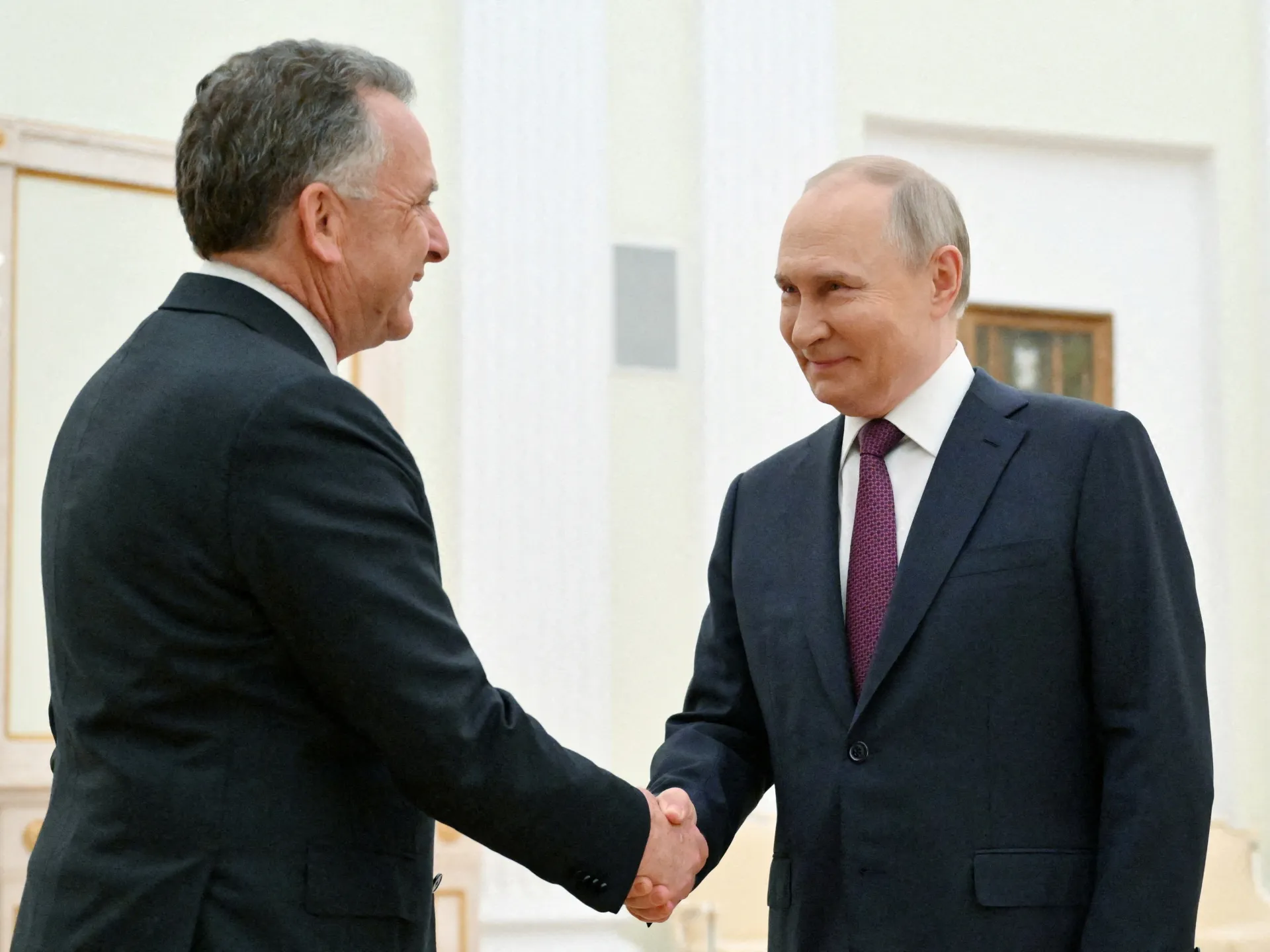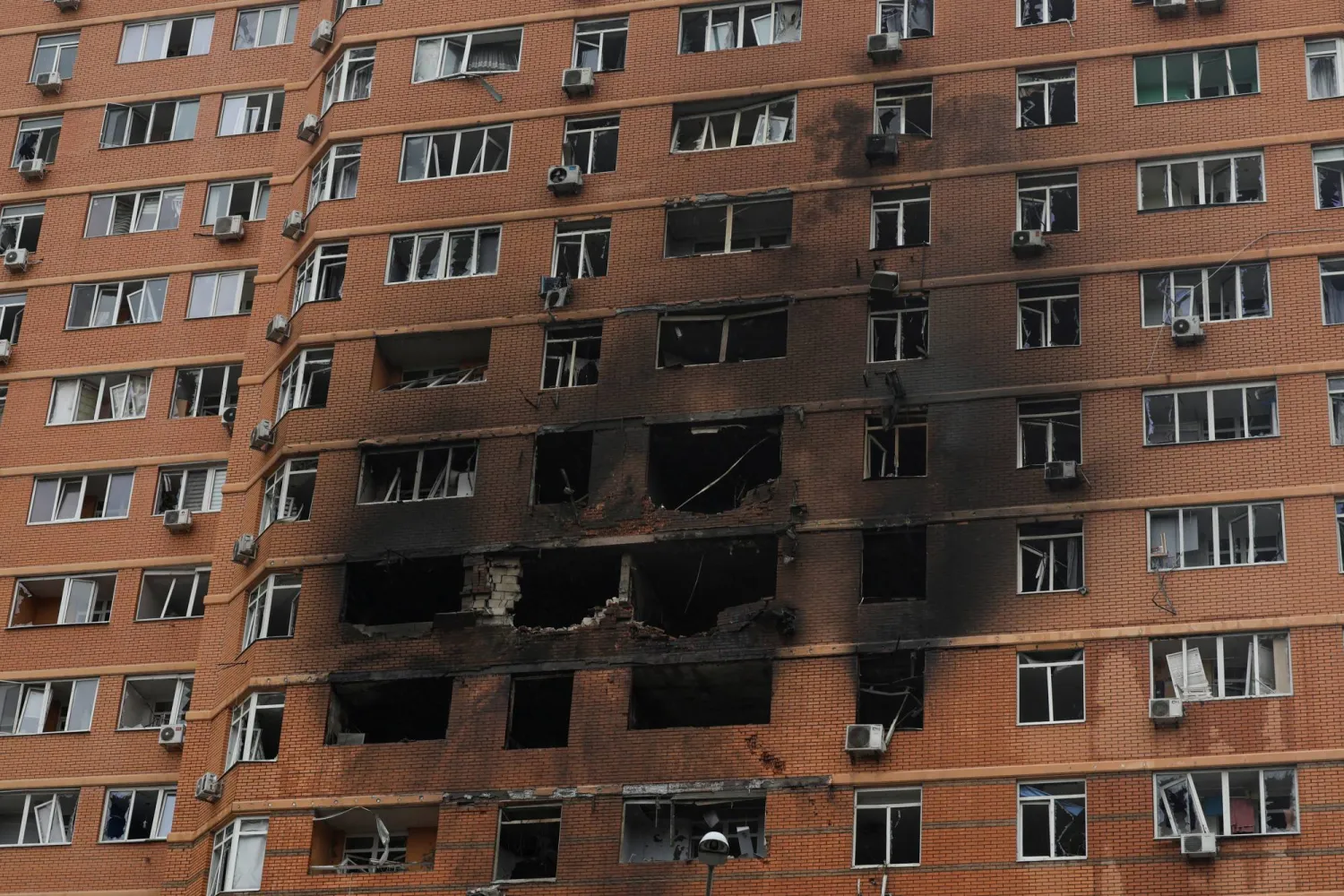As the world holds its breath, a crucial meeting is quietly unfolding behind Kremlin walls. Steve Witkoff, U.S. envoy under President Donald Trump, has arrived in Moscow and is now sitting face-to-face with Russian President Vladimir Putin. The stakes couldn’t be higher — a ceasefire in Ukraine hangs in the balance, and the clock is ticking.
Witkoff’s mission comes with a clear message from Trump: stop the war or face harsh consequences. The U.S. president has warned Russia of severe sanctions — not just directly, but also secondary sanctions that would hit any country or company still doing business with Moscow. It’s a firm deadline, a line in the sand, and Trump has made it public.
Ukrainian President Volodymyr Zelensky has cautiously welcomed the pressure. His message remains unwavering: peace will only come when Russia feels the economic pain. Speaking on the continued sale of Russian oil, Zelensky made it clear — tougher U.S. sanctions are necessary and long overdue.
But despite growing international pressure, hopes for a breakthrough by Friday remain dim. Russia continues to rain airstrikes across Ukraine, unmoved by Trump’s threats. Recent negotiations between the two nations in Istanbul — three rounds in total — ended without progress. Three and a half years into the war, the road to peace still looks treacherously long.
The Kremlin remains stubborn, refusing Ukraine’s repeated calls for a direct meeting between Zelensky and Putin. Russia’s list of preconditions for peace is simply non-negotiable for Kyiv and its Western allies.
Meanwhile, Washington is taking action. Following a call between Trump and Zelensky, the U.S. approved an additional $200 million in military sales to Ukraine. Their conversation also touched on strengthening defense cooperation and enhancing Ukraine’s drone capabilities.
These drones have become a powerful tool for Ukraine, striking deep into Russia’s energy infrastructure. In return, Russian attacks on Ukrainian cities have grown more brutal.
Last week, Kyiv saw its deadliest strike since the war began. The death toll climbed to 32 after another victim succumbed to injuries. And just yesterday, a Russian missile hit a holiday camp in Zaporizhzhia, killing two and wounding 12 more — a grim reminder of the war’s cruelty.
“There’s no military sense in this attack. It’s just cruelty to scare people,” said a visibly shaken Zelensky.
The world watches and waits — for peace, for justice, for an end to senseless violence. But for now, the war continues, and hope feels as fragile as ever.




